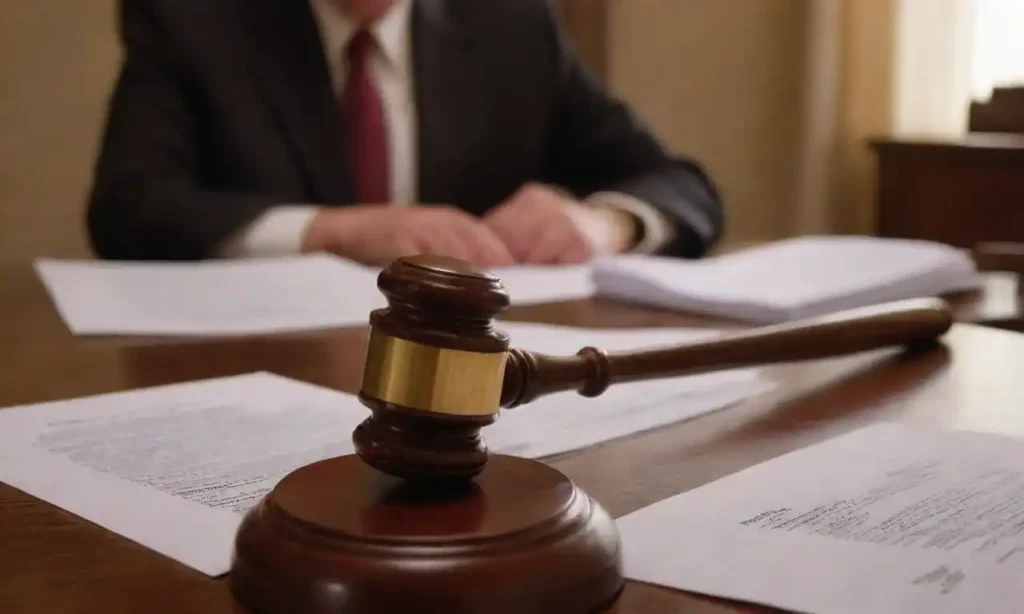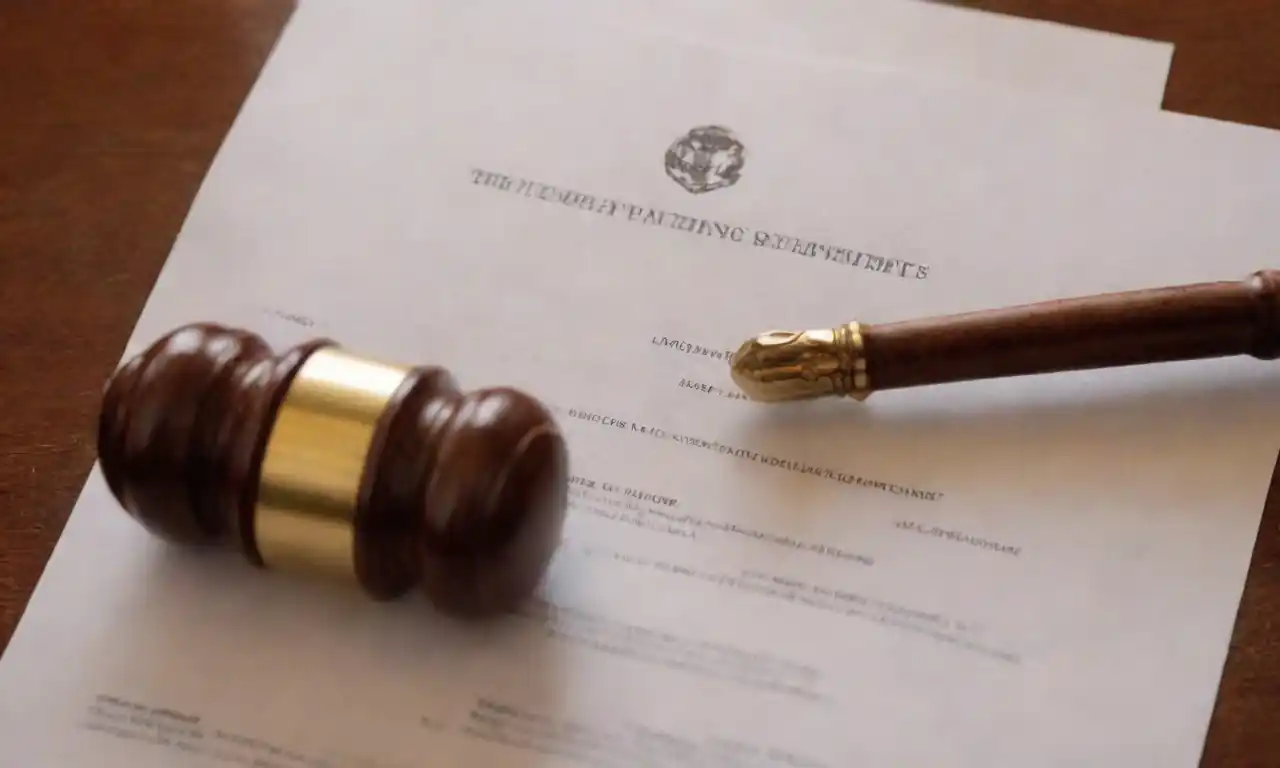Recent Trends and Developments in Probate Settlements

Probate settlements are a critical aspect of estate management, and understanding recent trends and developments in this area can offer vital insights for beneficiaries, executors, and estate planners alike. With changes in laws, the emergence of innovative technologies, and shifting societal norms, navigating the probate process has become more intricate than ever. Whether you are an heir grappling with the intricacies of inheritance or a legal professional striving to stay ahead in your practice, recognizing these trends is essential for efficient estate management.
This article delves into the latest trends in probate settlements, examining how they are influencing the estate planning landscape. We will explore the impact of digital transformation, changes in legislation, the rise of mediation in probate disputes, and other pertinent developments shaping how estates are settled. By the end of this article, you will have a comprehensive understanding of the current landscape, providing you with the tools necessary to navigate probate settlements effectively.
Digital Transformation in Probate Processes
The influence of technology on probate settlements cannot be overstated. Increasingly, traditional methods of handling estates are being supplanted by digital tools that simplify management and enhance transparency. Electronic filing systems, for example, have transformed how documentation is submitted to courts, allowing for quicker processing times and reducing administrative burdens. This shift not only speeds up the settlement process, but it also reduces the likelihood of errors, as automated systems are less prone to traditional paperwork issues.
Moreover, the emergence of blockchain technology is paving the way for more secure and efficient probate processes. By utilizing decentralized systems, stakeholders can maintain accurate and tamper-proof records of asset ownership, facilitating smoother transfers. For estates with intricate asset portfolios, such as those including cryptocurrencies and digital assets, the application of blockchain offers a new layer of security that aligns with modern asset management needs.
Additionally, the advent of online mediation platforms has provided innovative ways to resolve disputes that might otherwise lead to lengthy litigation in the probate process. These platforms enable parties to negotiate and seek resolutions over the internet, significantly reducing both time and costs associated with traditional court proceedings. This trend towards online conflict resolution not only aids in maintaining relationships among heirs but also expedites the finalization of settlements.
Changes in Legislation Affecting Probate Settlements
Recent legislative changes have also significantly influenced the way probate settlements are administered. For instance, a growing number of jurisdictions are adopting reforms aimed at simplifying probate procedures to reduce workloads and increase efficiency in the courts. These reforms often include allowance for smaller estates to bypass formal probate entirely, thereby expediting the transfer of assets to heirs while reducing associated costs.
Moreover, the introduction of laws that provide more accessible avenues for digital wills has also emerged. As technology continues to evolve, jurisdictions increasingly recognize the legitimacy of digital documents, allowing testators to create, modify, or revoke wills digitally. This shift offers a flexible and practical approach to estate planning, accommodating the fast-paced lifestyles prevalent in today’s society. However, it also raises questions about validity and whether digital process adherence adequately protects the intents of the testators.
Furthermore, certain states have enacted legislation addressing the rights of heirs in situations where the testator left ambiguous instructions regarding estate distribution. These laws aim to protect beneficiaries from unintentionally losing their rightful inheritance due to unclear documentation, which can lead to disputes resulting in costly and prolonged probate processes. By addressing these legal ambiguities, legislators are enhancing protections for heirs and streamlining the overarching probate system.
Rise of Mediation and Alternative Dispute Resolution in Probate Cases
Mediation and alternative dispute resolution (ADR) have gained traction in probate settlements as effective methods for resolving conflicts. As the complexities of family dynamics come to the forefront in estate disputes, the need for empathetic communication becomes increasingly important. Mediation provides an environment conducive to dialogue, allowing heirs and fiduciaries to express their concerns and negotiate settlements amicably. This process can significantly reduce hostility and yield more satisfactory resolutions for all parties involved.
The financial implications of mediation are also noteworthy. By opting for mediation instead of litigation, beneficiaries can save significant amounts of money that would otherwise be consumed by court costs and attorney fees. This financial advantage is coupled with the fact that mediation sessions are typically more expedient than full court proceedings. Consequently, families can achieve closure much sooner, allowing them to move forward without lingering disputes detracting from their emotional well-being during the grieving process.
In addition to its financial and emotional benefits, mediation enables parties to maintain their privacy as discussions and negotiations take place outside of the public courtroom. This confidentiality is particularly appealing for families dealing with sensitive issues surrounding their loved ones' estates, further solidifying mediation as a viable alternative in probate disputes.
Overall Trends Shaping the Future of Probate Settlements
As we look toward the horizon, a variety of overall trends are shaping the future landscape of probate settlements. One such trend is the increasing incorporation of financial planning into the probate process. Executors and estate planners are now encouraged to integrate investment strategies that enhance the estate's value over time, rather than simply liquidating assets to distribute among heirs. This approach involves judicious financial management that considers the unique needs and goals of the beneficiaries, potentially leading to more favorable financial outcomes for everyone involved.
Moreover, the significance of education and awareness is gaining prominence. As more individuals become proactive about estate planning, the conversation surrounding probate settlements has evolved into a public dialogue. Workshops, webinars, and informational materials are proliferating, empowering individuals to understand their rights and responsibilities concerning probate. This knowledge is critical, as it enables heirs and executors to navigate the process with confidence, armed with accurate information to guide their decisions.
Another notable trend is the recognition of estate planning's psychological dimensions. Professionals are increasingly aware that the emotional aspects of estate management can profoundly affect both decision-making and interpersonal dynamics. Consequently, mental health professionals are collaborating with estate planning attorneys to facilitate communication and cope with the emotional toll that probate processes can evoke. A holistic approach that considers both the emotional and practical facets of probate settlements is poised to improve outcomes for families managing these delicate issues.
Conclusion: The Evolution of Probate Settlements

The probate landscape is undeniably undergoing significant transformations, driven by digital advancements, legislative reforms, mediation practices, and an increasing emphasis on education and emotional well-being. As stakeholders navigate this evolving realm, remaining informed and adaptable will be key to successful estate management. Understanding these recent trends and developments will empower beneficiaries, executors, and legal professionals to make well-informed decisions that honor the legacies of their loved ones while preserving family relationships.
Ultimately, while the complexities inherent in probate settlements may seem daunting, the ongoing changes within the field present an array of tools and strategies that can facilitate smoother transitions. These developments, especially with regards to mediation and technology, herald a more efficient and empathetic approach to estate resolution, indicating a promising future for those facing such challenges. In light of these advancements, now is an ideal time for individuals and families to reassess their estate planning strategies and engage with professionals who are well-versed in navigating the modern probate landscape.

Leave a Reply